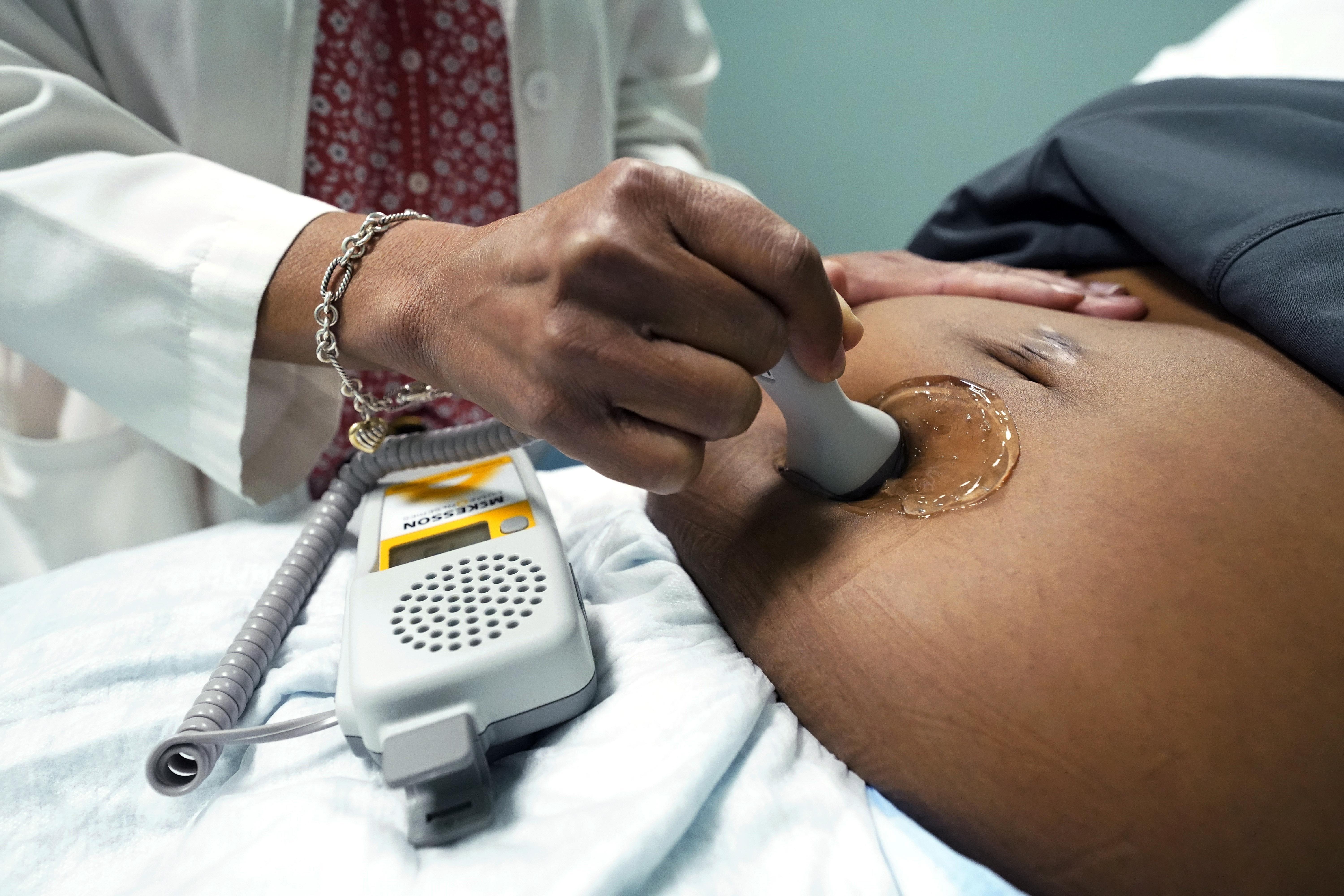Dr. Sandra Melvin is the CEO at the Institute for the Advancement of Minority Health. She says the hormonal changes women experience during pregnancy can affect mental health in ways they may not be aware of.
“When you combine that with Black mothers and being in a society where there may be perceived or real discrimination, systemic racism, lack of really good communication with their health care providers, it compounds the issue,” Melvin said.
Symptoms of postpartum depression can include extreme anxiety, sadness and frustration that does not improve over time - lasting months or years after birth.
“Maybe she's not bonding with her baby because she has some mental health issues,” Melvin said. “There may be child abuse if she's unable or overwhelmed, which is also a mental health issue. She might not be eating correctly. She may not want to breastfeed, which will adversely affect the baby.”
The Black infant mortality rate in the state is nearly double the rate of other groups, according to the 2024 March of Dimes report card. Melvin says this can, in some cases, be traced back to the stress a mother has faced during or after pregnancy.
In 2023, Mississippi passed a law allowing mothers to retain Medicaid postpartum coverage at least 12 months after birth. Melvin says better access to prenatal care and strong communities may also dramatically improve the mental health outcomes for Black mothers in the state.
“I think it's very important for pregnant women to have a strong social support network, whether that be family, friends, or people that just care,” she said. “Or even with, especially in the first few weeks, maybe during their visits, asking questions about who's helping them to take care of the child.”
July is minority mental health month.




